|
It takes time to assimilate into any new environment. My folks would counsel that it is only when one has established one's routine coffee stop and grocer, decided upon a favourite cracker brand and argued with a local that can one begin to think the local; to be the local. If you understand the streetsigns on top of that, you're golden. So that's what I set my mind to when I first got here. Earned my stripes. I have come to realise that there are things the Irish like. And there are things the Irish most definitely do not like. While I'm still lost in the grey a little, this is what I have discovered so far: Things the Irish like:1. Churches And heavens, there are a lot of them. Within a two kilometre radius of the village centre, I encountered three. We are not talking sheds with a crucifix on the front door. We are talking gracious Romanesque Revival chapels accompanied by their own hilltops and street names. All streets possessing a church are, of course, Church Road, a peculiarity that made my quest to find the local ruin a nightmare. I'll revisit this a little later. 2. Prams I'm really not being brazen here. Bicycles apart, I have never seen so many wheeled people in my life. There are deluxe dual- and triple-carriage options, and they move in convoy. They are jogged up mountains and allowed to freewheel down the other side. The Wicklow Municipal District's 2016 commitment to improving pedestrian experience is not off to a good start. The Irish are trim and fit, despite their unparalleled taste for Guinness and potatoes. I have put this down to the fact that each adult has on average two prams and a dog that need walking twice a day, if not three, when the temperature deigns to hit 6˚C. The streets may be empty, but the sidewalks never stop. 3. Returning things The hedges lead the way home. I was taken aback the first time I came across a miniature glove protruding from an arm-like branch on my first run. However, the next time I passed this particular point, the glove had been replaced with a pink bobby beanie the size of my fist. Considering this a residential quirk or an act of the occult, I quickened my pace, only to encounter a series of misplaced hats, gloves, and scarves, mostly those sized for pram inhabitants. When someone forgets cash in the ATM, a village-wide announcement is made on Facebook. Our dog escaped her leash while I was taking the kids through homework. Oblivious to the chaos unwinding online, we trawled our way through the tedium of phonetics until I was contacted by the vet who thought we ought to collect the sassy pup. Needless to say, I am under strict instructions never to comment on the post or in any way jeopardise the owner's anonymity. The announcement obtained six shares in the twenty minutes before the vet called, accompanied by twenty-seven comments to the tune of "Pm us on this page if you’d like us to post up on Wicklow lost and found animals" and "you should get the dog! Well done!". 4. Wheat It is an unfortunate fact that the majority of islands happen to display an overrepresentation of certain hereditary diseases, a phenomenon termed 'Founders' Effect'. In brief, the first settlers to a body of land bring with them the total mix of genes that over time give rise to a new population. Probability dictates that generation by generation, certain recessive characteristics that were once few and far between in the original settlers (like red hair) become increasingly common. The effect that befell Ireland is coeliac disease, an autoimmune reaction to gluten (a protein in wheat and other cereals). In chronic cases, the coeliac diet rules out all gluten - no bread, no pasta, no cereals, no wheat-containing sauces (you'd be surprised), no bulked yoghurt, and no beer. For a country that pioneers the brewing industry and produces enough breadsticks to construct its much-needed Dublin thoroughfare, the fact that every tenth Irishman suffers from this condition is heart wrenching. 5. Vitamin D While I've seen a pleasant majority of sunlit mornings and two snowed-in weekends during my time here, there are signs that this may not be the standard state of affairs. 6. 'Grand' and 'good' There is a nuance. Take heed. If 'yer grand', you are not doing anything wrong. For example: 'Oh! I'm so sorry! Am I in your way?' 'Naht at all pet, yer grand.' This does not mean that you aren't in the way, but rather that you have not yet quite crushed her toe. Many other things can be grand too: the weather (6˚C+), the groceries (cheap), the traffic (namely lack thereof). If 'yer so good', you have surpassed the shining beacon of triumph. To elaborate: 'I see you're taking a selfie - can I offer to take one for you?' 'Oh yer so good! So good!' Relish this. Not even a bank holiday that falls on a Monday is 'good'. 7. The Irish The Irish love the Irish. The national pride is inspiring. It centres on people and counties, small towns and homegrown products. Wherever possible, people try to buy local, and suppliers actively seek out Irish businesses. I walked into the health retailer looking for stoneground rye flour. The owner had a Danish brand in, but preferred to direct me to a store that stocked an Irish variety than sell me her product. The support for local pubs, grocers, boutiques and salons is the reason so many villages thrive and retain their singularity generation upon generation. I really recommend taking a look at the Greystones Guide. Not only is the site witty, it provides insight into what makes the locals tick. The answer is: themselves, the community. Things the Irish hate:1. Street signs Outside of Dublin, street signs are usually absent, or located at ankle height. While I have yet to discover what is so offensive about a conventional signpost, this absence stands in stark contrast to the well-kept emblems that beam proudly from the gatepost of each residence. Every house is meticulously titled with the painstaking care of first-time parents. No two homes within a county of each other share the same name. However, if a road itself is lucky enough to possess some form of identification, the sign is usually hidden in line with one's sock and obscured by bush. This isn't really an issue however, because as I mentioned above, more often than not it is possible guess its name before checking. The result is a little confusing to newcomers. I took an incorrect turn off Church Road headed for Chapel Road, instead winding up on Church Lane in Delgany as opposed to Kindlestown. The entire circuitous backtrack between the three villages took just forty minutes on foot, but the ruin was so well hidden that I almost missed it anyway. 2. Right turns I'm no city planner. But it does seem that half of Dublin's travel conundrum could be resolved if the the multitude of 'no right turn' signs were removed. There doesn't seem to be a link between the proximity of a sign to a blind rise or sharp corner, but as a pedestrian impatient to cross, I am not complaining that the city better caters to those on foot. 3. Junk mail And I don't mean emails. The Irish Postal Service is an exemplary institution. If one wishes to deliver an application to the government, one slips the envelope into the green tub I mistook for a fire hydrant, and four days later the official will reply by return mail. Heaven forbid however, that the arrival of the Irish Independent is hampered by advertising fliers. My host knows her postman by name, and so he delivers her mail to her hand - and if he can't find her, she doesn't get her envelope. It seems stern warnings simply aren't sufficient to stem the influx of junk mail in this troubled millennium. 4. The cold. The rain. The snow. The first question I get when someone has determined the origin of my accent is 'Why the feck wou'd yer come 'ere? Aren' yer cold, pet?' The country has recently emerged from a level red weather warning and national shutdown after 'The Beast from the East' merged with Storm Emma off the east coast and brought a 7°C drop and 20 cm snow to the island. Ironically enough, this caused us to miss a trip to the sunny Canaries as more than 250 flights were grounded at Dublin International. Nevertheless, my glee at finding myself up to the ankles in white stuff turned heads. With all delivery routes blocked, the grocery shortages revealed how the country survived the six-day onslaught. First to disappear was the bread. Second, the beer and spirits. Then limes and lemons; next wine. The last to go were the blackened bananas and sad lettuces, but heaven help the mother who needed pasta sauce that week. Nobody was excluded: state and volunteers alike fed and housed the homeless, and the government doubled fuel allowance to dependent homes over this period. There is a preemptive emphasis on welfare and social responsibility that goes beyond ticking boxes and fulfilling quotas. I'm still discovering how far out of their way the Irish will go to make life comfortable for someone else, even a someone else with a funny accent and a taste for every type of tea except Irish Breakfast. My village is small and proud, which makes for good neighbourliness and personal connection. While the Irish are undeniably quirky in more than one respect, their famed hospitality makes it impossible to feel like a stranger. Many of the things I've discussed above I now take for granted. If I pass a scarf, it's second nature to hang it in the nearest tree. And when the second snow storm hit, I complained as bitterly as the locals and buckled down for the onslaught with even more cuppas and cookies than my host.
1 Comment
|
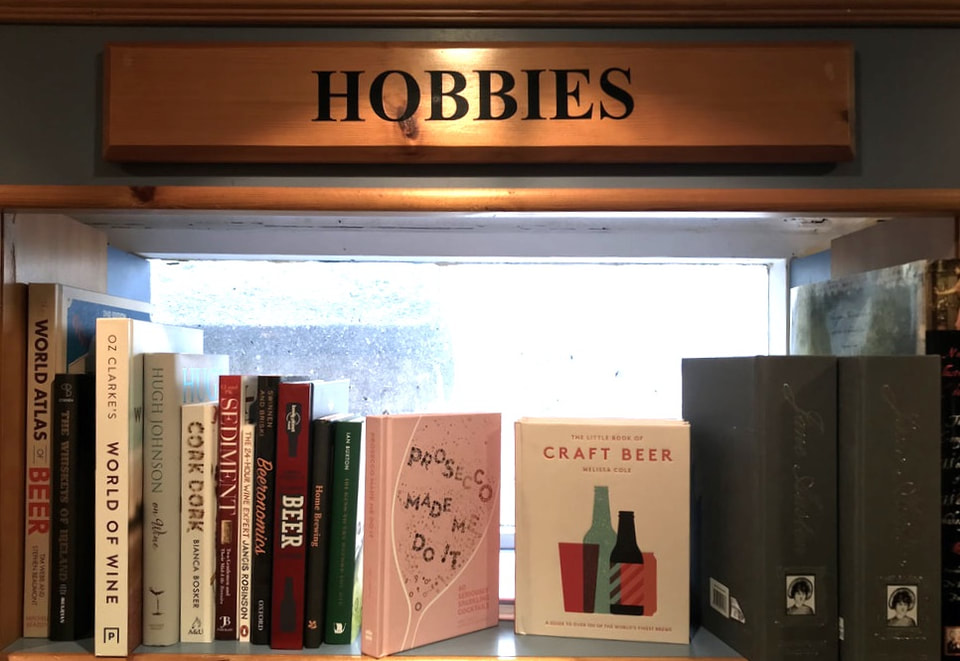
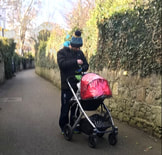
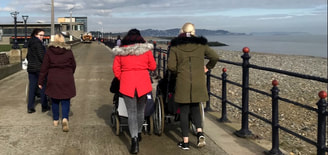
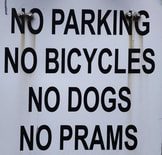
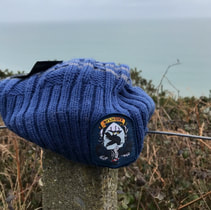
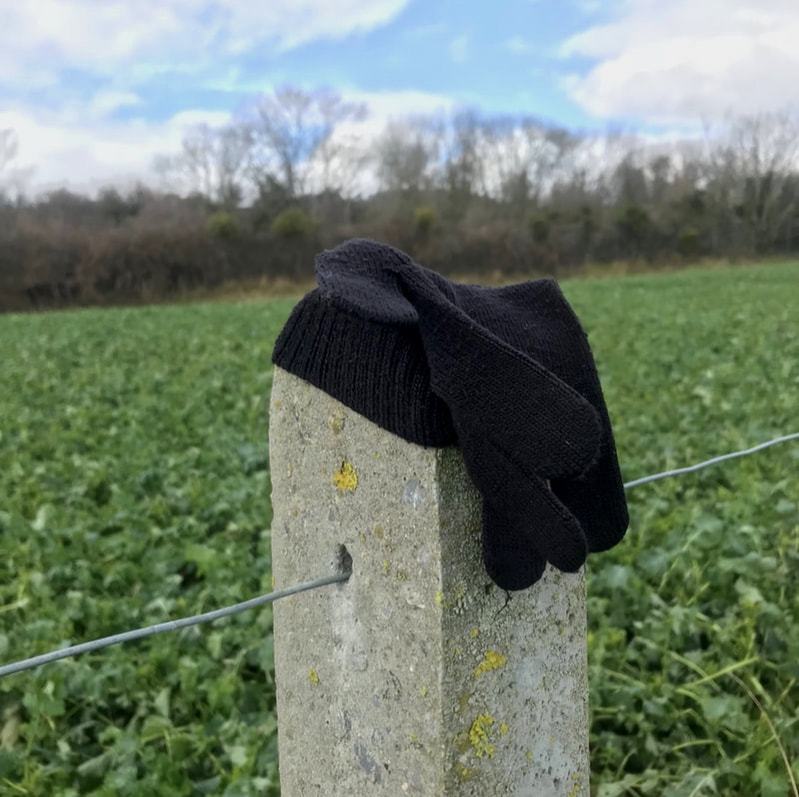
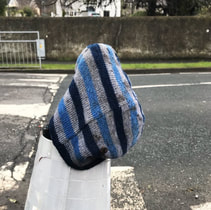
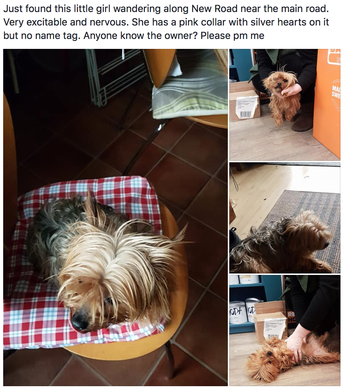
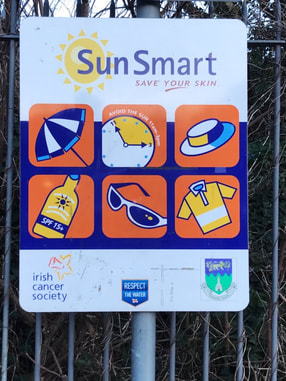
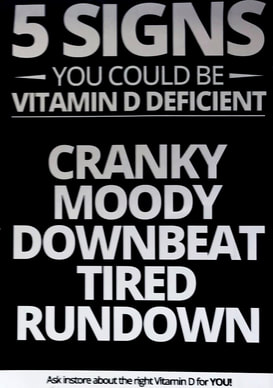
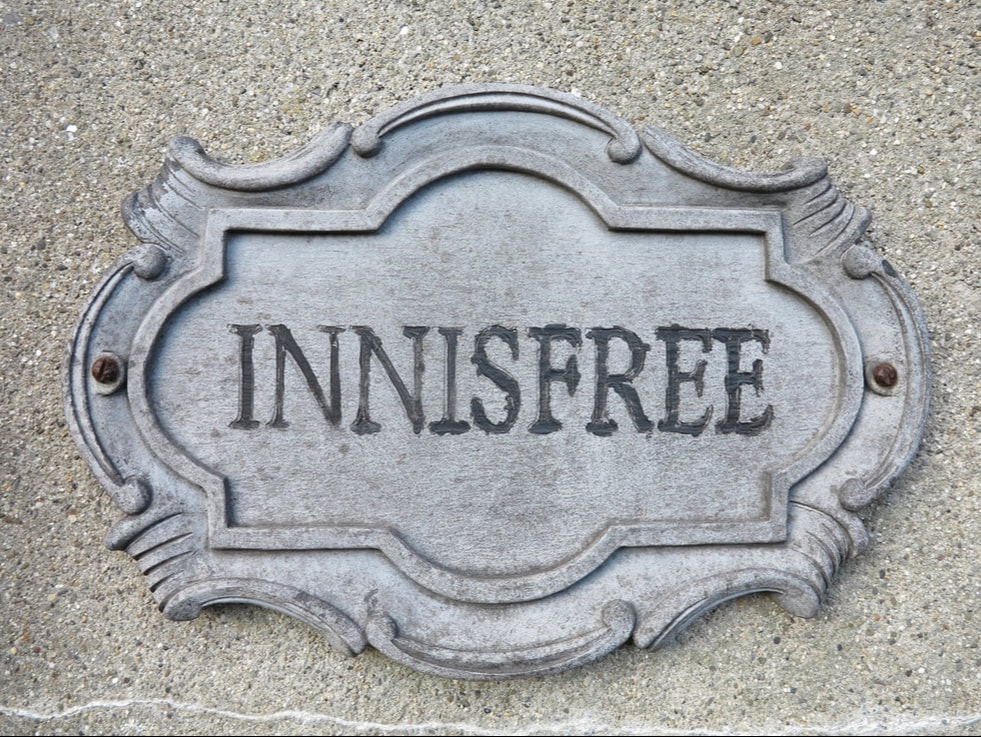
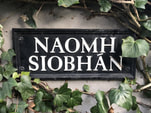
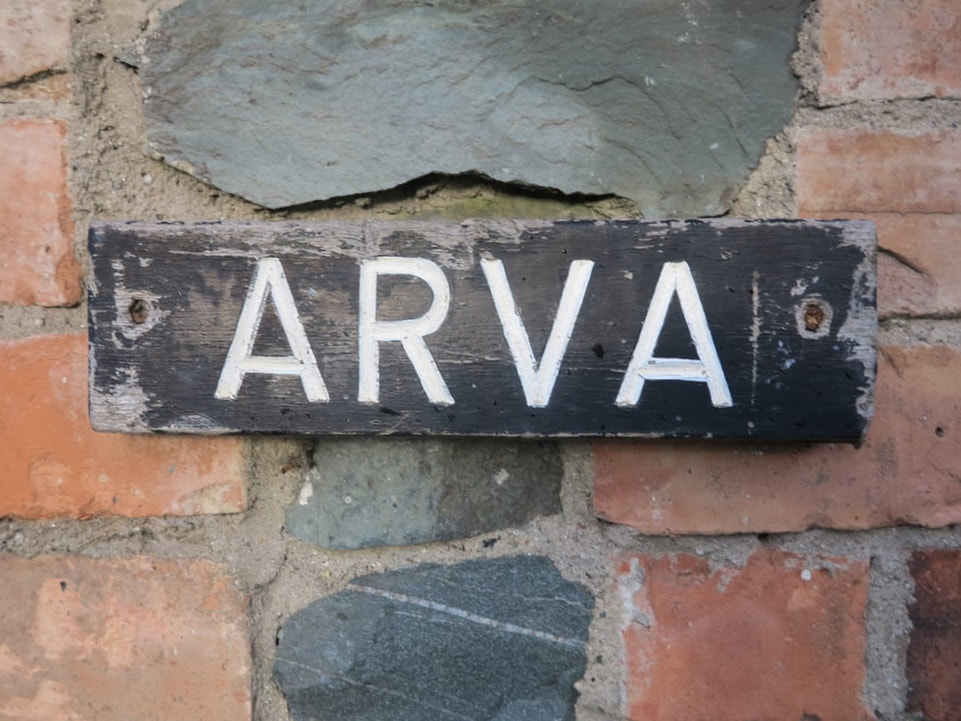
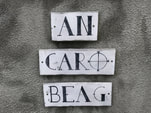
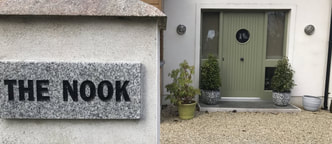
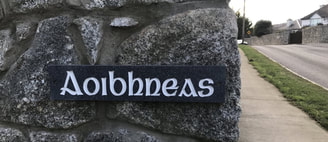



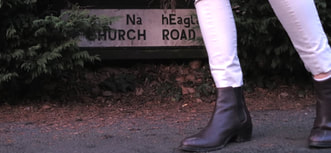
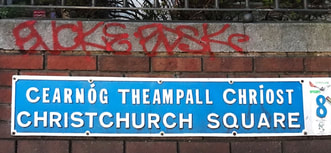
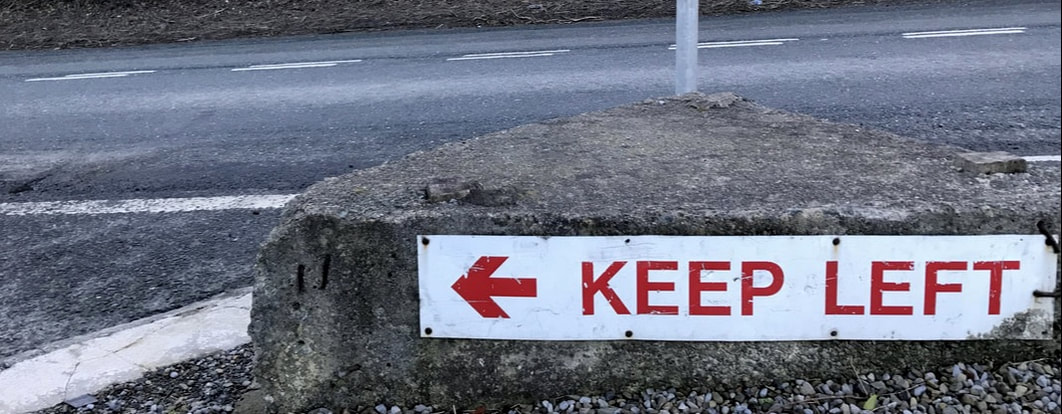
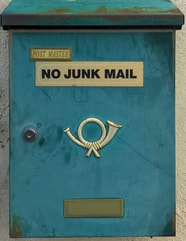
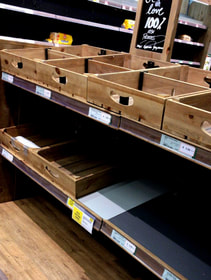
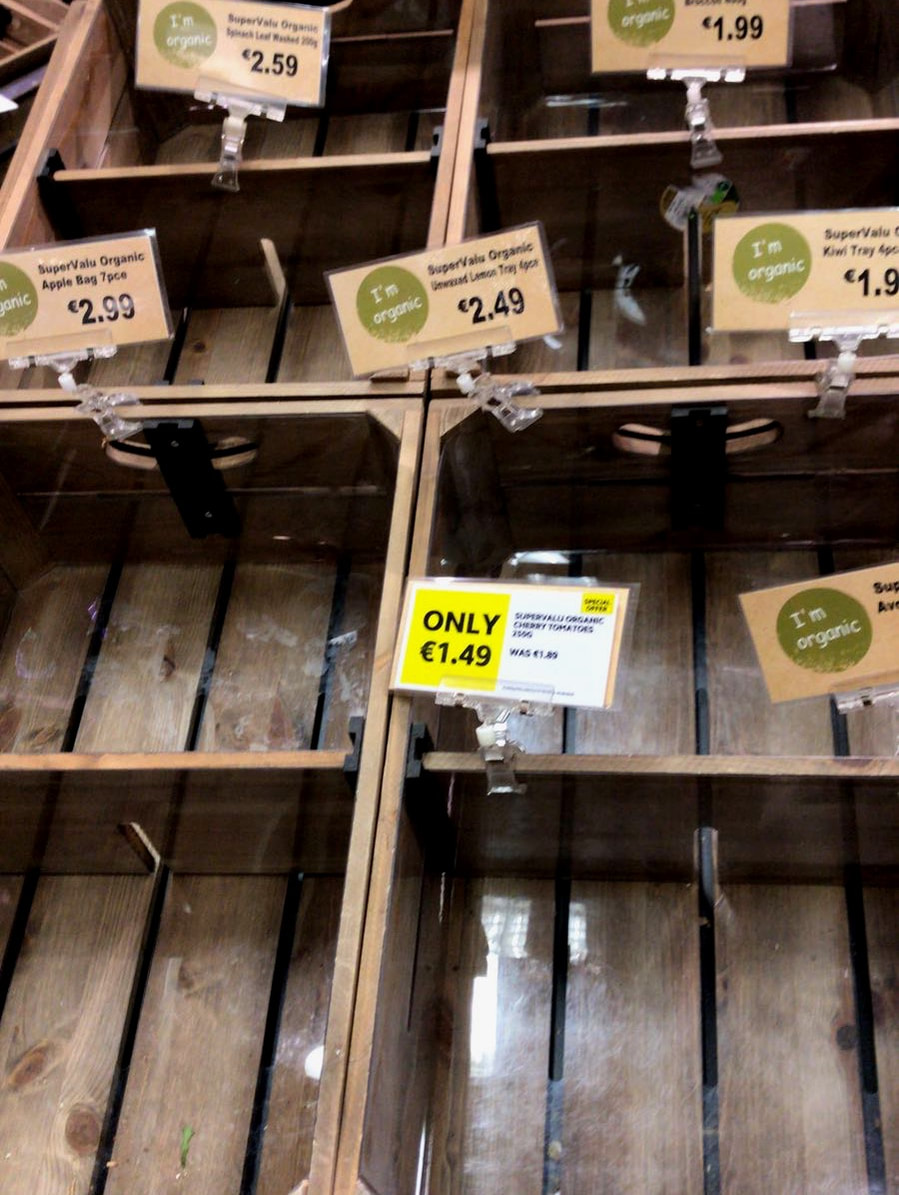
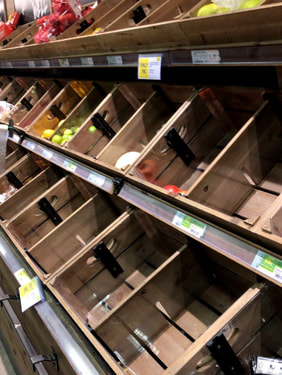
 RSS Feed
RSS Feed
